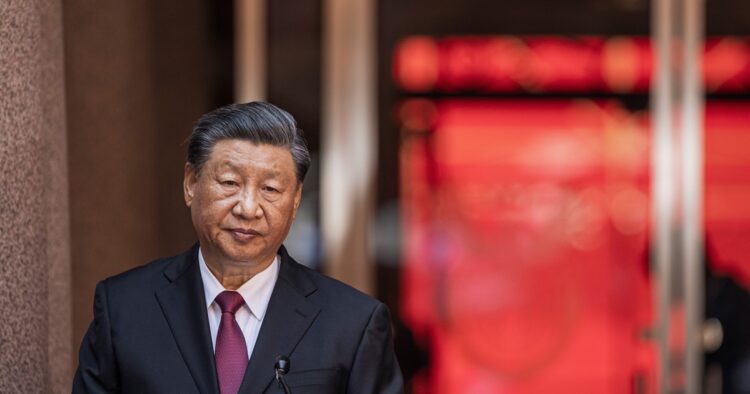The President of China, Xi Jinping, visited Vietnam, but unlike previous visits that sparked anti-China protests, this time the response was more subdued. Many critics and activists in Vietnam are currently imprisoned, and those who aren’t fear the consequences, creating a culture of silence.
During the visit, Vietnam agreed to be part of China’s “community with a shared future.” Both countries signed 36 agreements focusing on increased cooperation, covering areas like security, as well as joint efforts to boost the development of railways and telecommunications.
In the past, whenever Xi Jinping visited Vietnam, there would be public backlash. In 2015, hundreds of Vietnamese people took to the streets in protest. However, this time around, the atmosphere was different, with a Ho Chi Minh City-based activist noting the lack of public outcry.
A nonprofit in Chicago, The 88 Project, reveals that there are currently 178 activists imprisoned in Vietnam. Among them is Pham Doan Trang, a prominent campaigner who received a nine-year prison sentence in December 2021 for spreading “anti-state propaganda.”
According to a political sociology lecturer, Susann Pham, those activists who aren’t in prison still face daily harassment and surveillance. Homes are guarded, preventing activists from leaving or participating in protests. This heavy security was especially noticeable in popular gathering spots like the Ly Thai To flower garden in Hanoi and Notre Dame Cathedral in Saigon.
The intimidation tactics go beyond just monitoring; homes of activists are often heavily guarded days before a major visit. This strategy aims to deter any potential protests against high-profile figures like Xi Jinping, making it clear that dissent comes with serious consequences in Vietnam.

















Comments